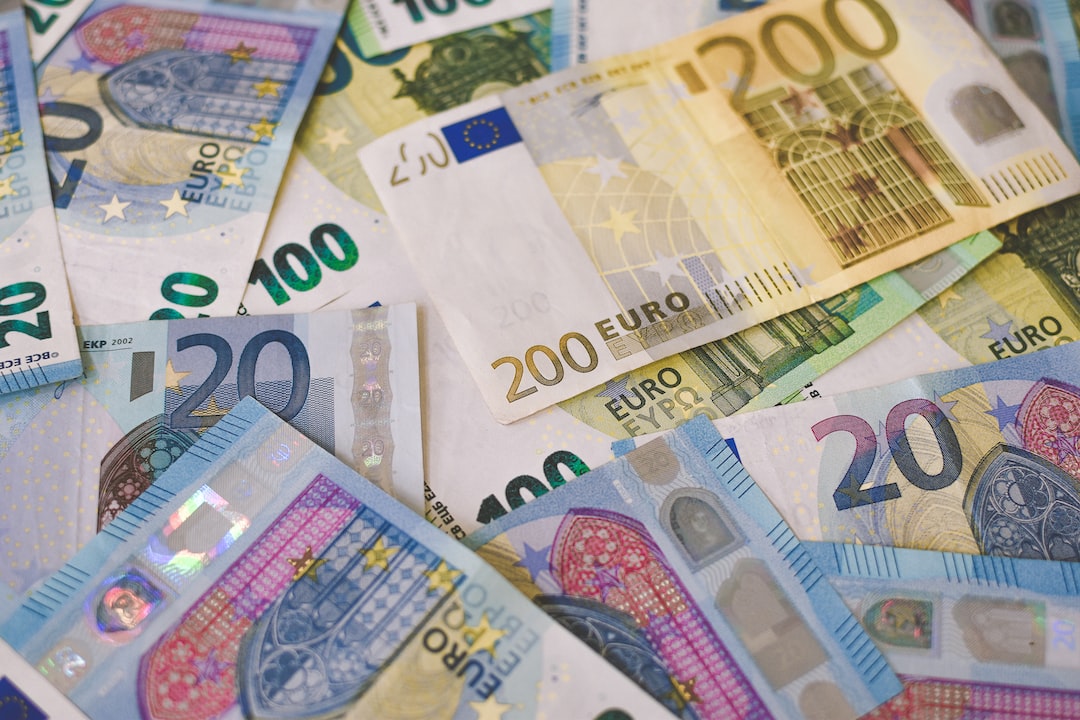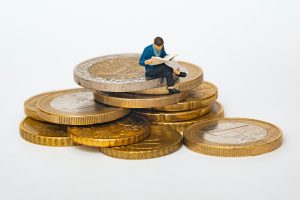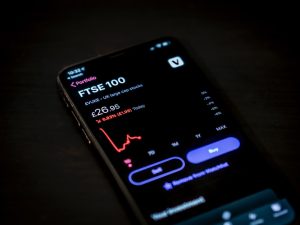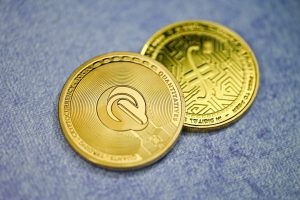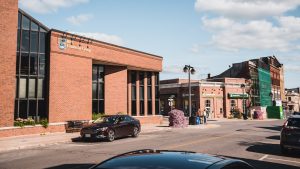The foreign exchange (forex) market is the largest financial market in the world, with an average daily trading volume of over $5 trillion. It is a decentralized market, which means that there is no single entity or organization that controls it. Instead, the forex market is controlled by a complex web of participants, including central banks, commercial banks, institutional investors, retail traders, and even governments.
Central Banks:
Central banks are perhaps the most influential players in the forex market. They are responsible for managing their country’s monetary policy and often have the power to manipulate their currency’s value. Central banks can influence the forex market by adjusting interest rates or engaging in currency intervention, which is the buying or selling of their currency in the open market to alter its value.
Commercial Banks:
Commercial banks are also significant players in the forex market. They facilitate currency transactions between clients, including other banks, institutional investors, and retail traders. Commercial banks also trade forex as a way to generate profits for their own accounts.
Institutional Investors:
Institutional investors, such as hedge funds and asset management firms, are major participants in the forex market. They trade large volumes of currency on behalf of their clients and often have access to sophisticated trading tools and strategies that can move the market.
Retail Traders:
Retail traders are individual investors who participate in the forex market through online trading platforms. They make up a significant portion of the market, but their trading activity generally has a minimal impact on currency prices due to the small size of their trades.
Governments:
Governments can also influence the forex market through their policies and actions. For example, a government may impose trade tariffs that make its currency less attractive to foreign investors, or it may engage in currency intervention to boost its currency’s value.
Market Makers:
Market makers are financial institutions that provide liquidity to the forex market by making bids and offers for currency pairs. They earn profits by buying currency pairs at the bid price and selling them at the offer price, which creates a spread. Market makers play a crucial role in ensuring that the forex market remains liquid and efficient.
In conclusion, no single entity or organization controls the forex market. Instead, it is a complex network of participants, including central banks, commercial banks, institutional investors, retail traders, and governments, that collectively determine currency prices. Each participant brings its unique set of interests and objectives to the market, which can influence its direction and volatility. Understanding who controls the forex market can help traders make more informed decisions and navigate its complexities.

